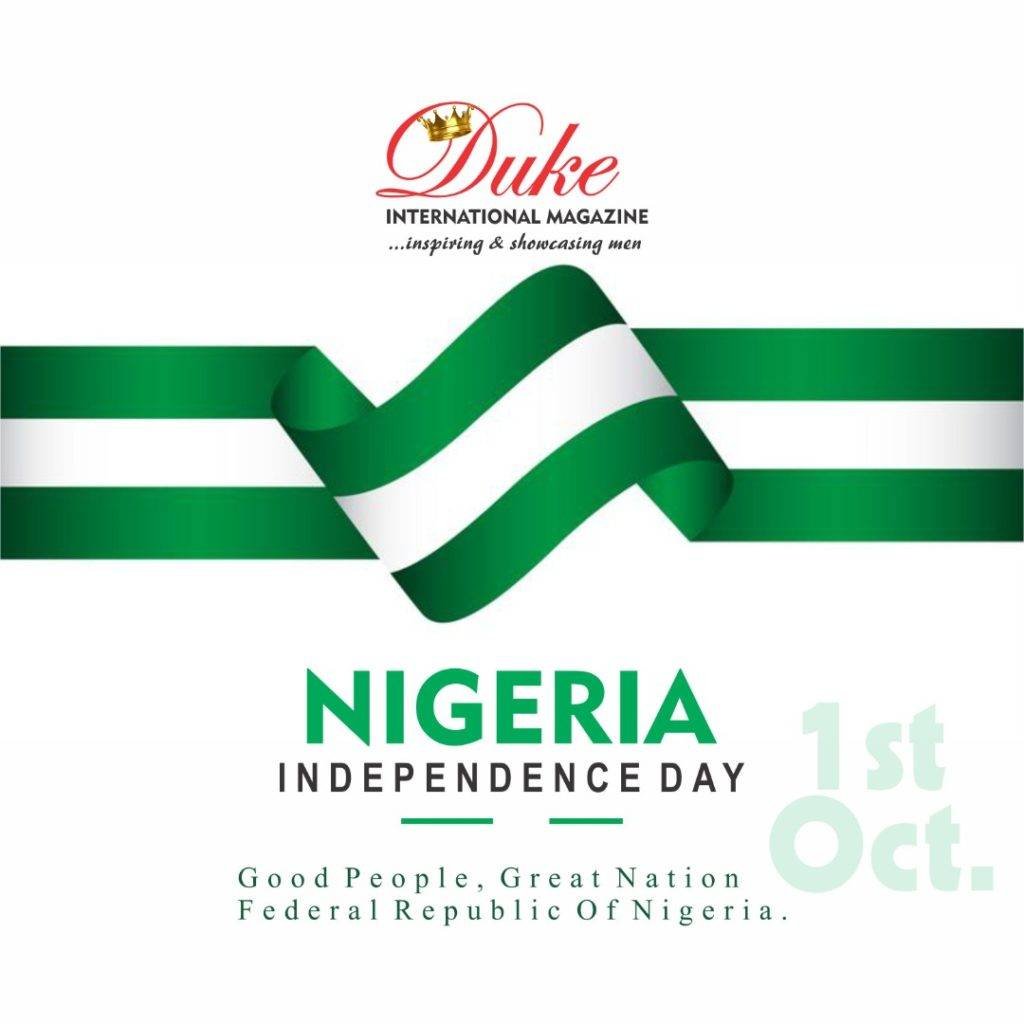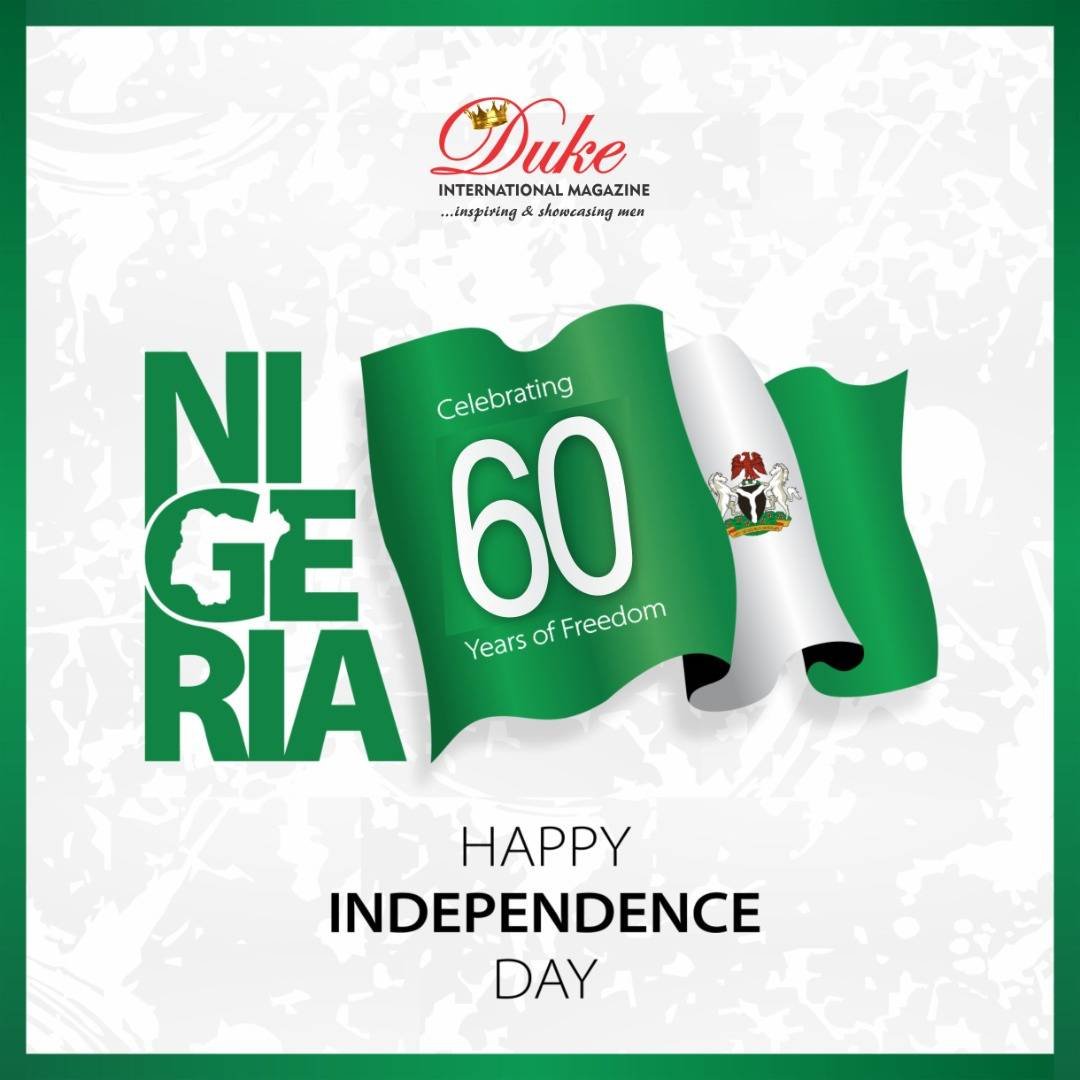The Federal Republic of Nigeria is a West African and most populous Black country in the world. The country got her independence from the British on October 1, 1960 and became a republic and commonwealth member state on October 1, 1963. The country with a land area of 923,769 square kilometers is bordered by Niger republic in the north, Chad in the northeast, Cameroon in the east, and Benin to the west. As a country lying across the west africa coast, the Gulf of Guinea in the Atlantic Ocean borders its south.
Nigeria is highly rich in cultural diversity with over 270 ethnic groups, but the three major widely spoken language in the country are Yoruba, Igbo, and Hausa. Sequel to being colonized by the British from where the amalgamation of the Northern and Southern protectorates took form on January 1, 1914 by Lord Frederick Lugard, hence, English is the official language of the country.
According to 2020 population estimate, Nigeria’s population is at about 206,630,269, making it to be the 7th most populous country in the world. Nigeria is divided roughly in half between Muslims, who live mostly in the north, and Christians, who live mostly in the south. Nigeria has respectively, the fifth-largest Muslim population in the world and the sixth-largest Christian population in the world with the constitution ensuring freedom of religious affiliations. Nigeria has the third-largest youth population in the world, after India and China, with more than 90 million of its population under the age of 18.

The economy of Nigeria is at a boom as the giant of Africa (largest economy in Africa), and is the world’s 24th largest economy, according to the IMF list for 2020, with a worth of more than $500 billion and $1 trillion in terms of nominal GDP and purchasing power parity respectively.
However, its Human Development Index ranks 158th in the world.
Furthermore, the country-home of the richest Black man in the world, Aliko Dangote, has been listed among the “Next Eleven” economies set to become among the biggest in the world.
In global alliance, Nigeria is a founding member of the African Union and a member of many other international organizations, including the United Nations, the Commonwealth of Nations, the ECOWAS, and OPEC.
Geographically, The highest point in Nigeria is Chappal Waddi at 2,419 m (7,936 ft). The main rivers are the Niger and the Benue, which converge and empty into the Niger delta.
Nigeria has a varied landscape. The far south is defined by its tropical rainforest climate, where annual rainfall is 60 to 80 inches (1,500 to 2,000 mm) a year. In the southeast stands the Obudu Plateau. Coastal plains are found in both the southwest and the southeast.
Nigeria’s most expansive topographical region is that of the valleys of the Niger and Benue river valleys (which merge and form a Y-shape).
In entertainment, Nigeria has had a huge role in the development of various genres of African music, including West African highlife, and Afrobeat.
In the world of sport, Football is largely considered Nigeria’s national sport and the country has its own Premier League of football.

